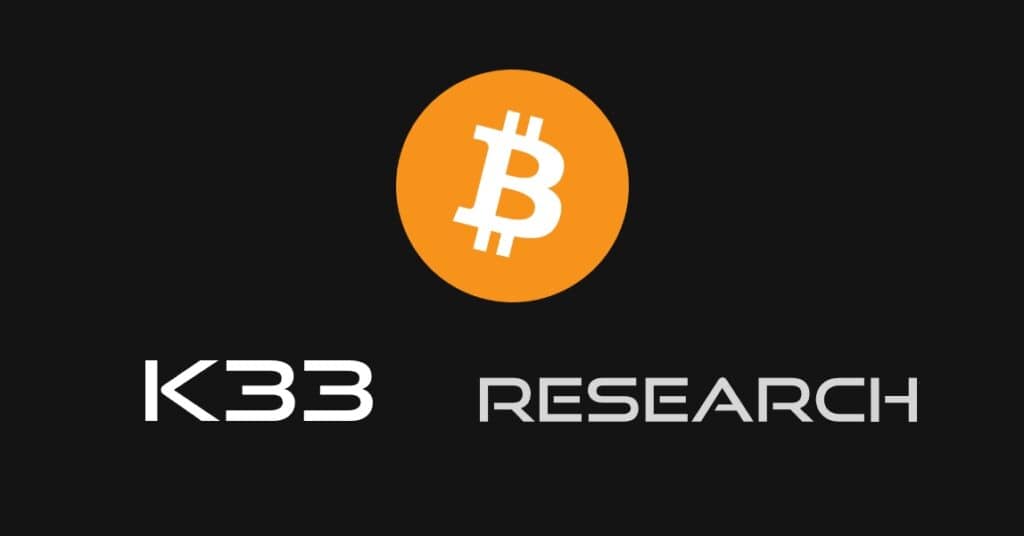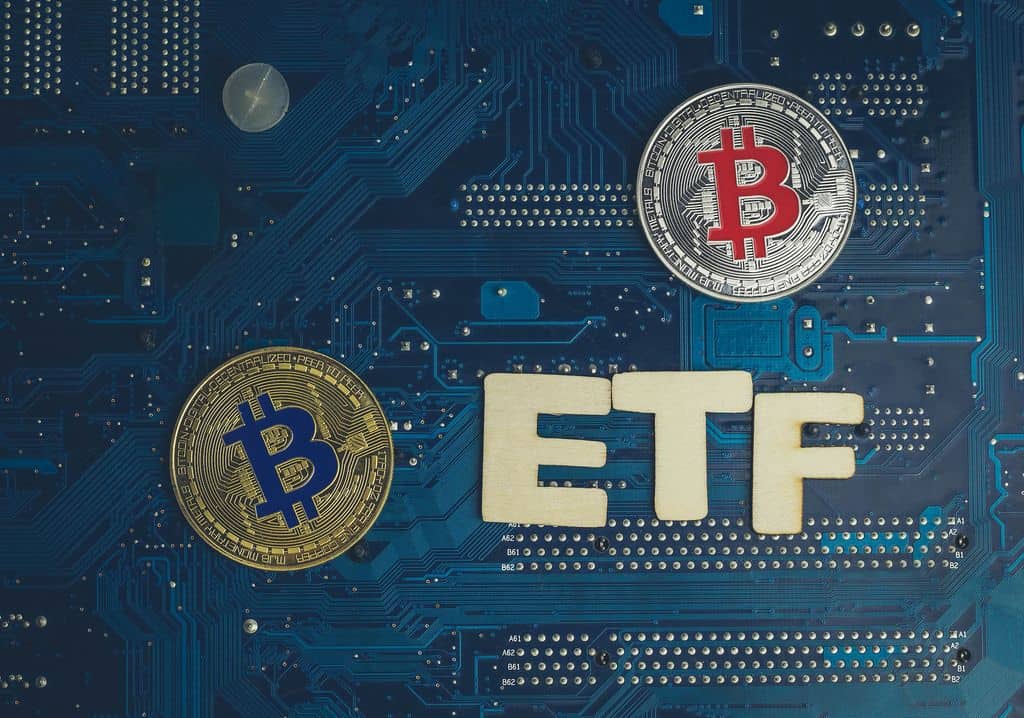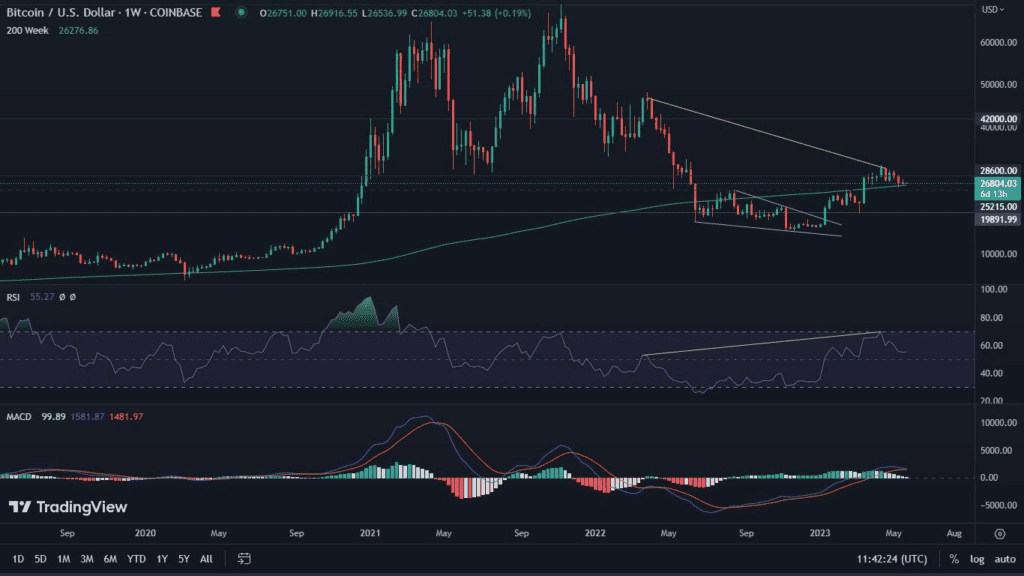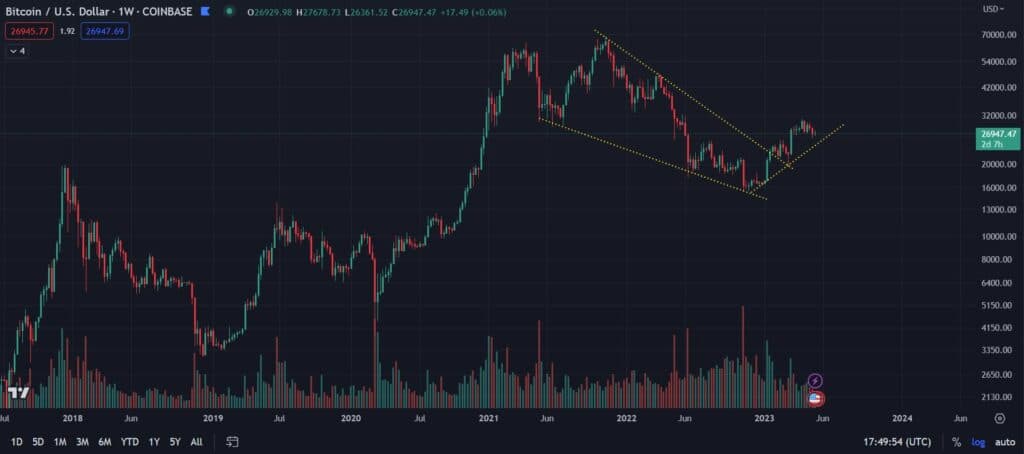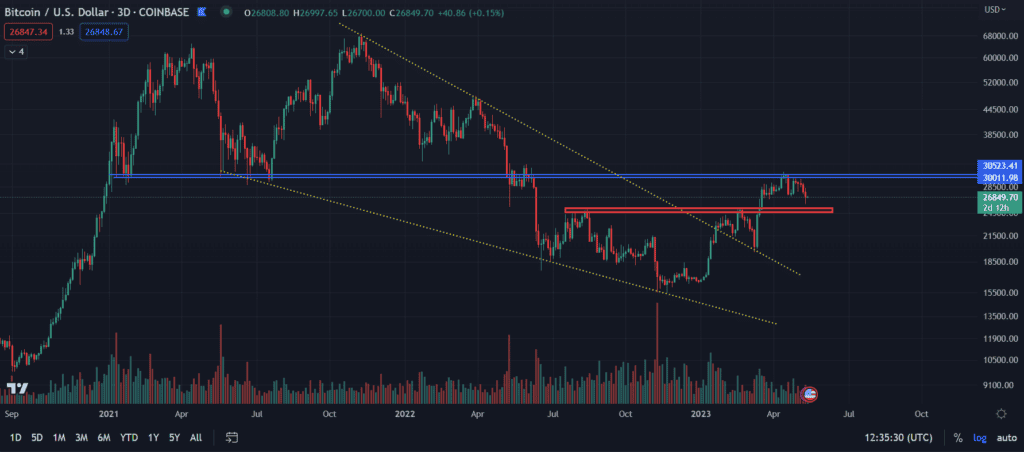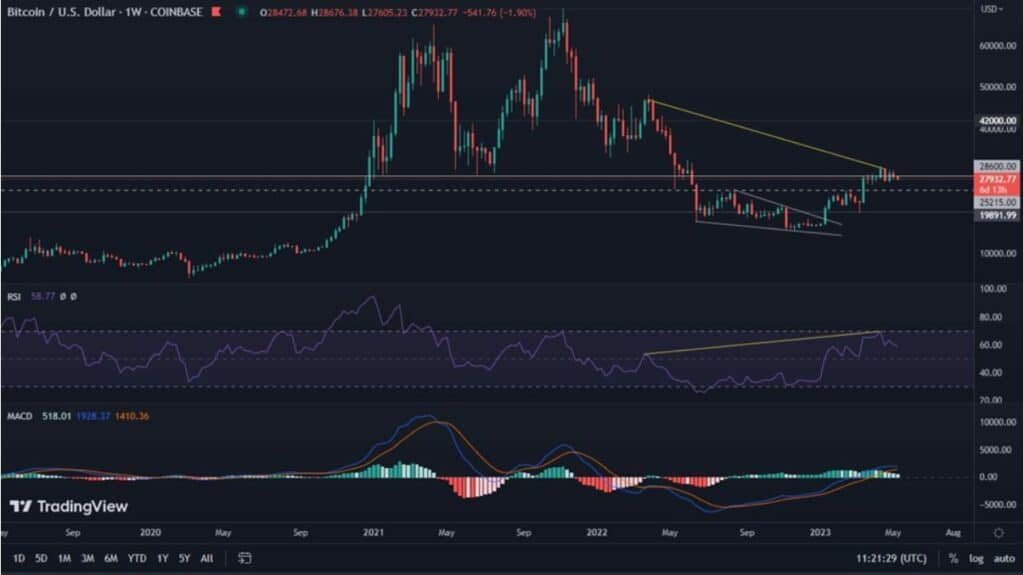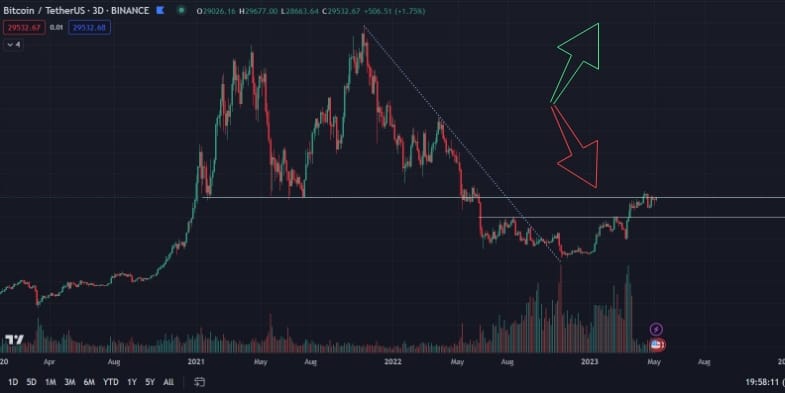Bitcoin is back in the spotlight, but this time on a wave of macroeconomic changes, regulation and innovative financial products. The juxtaposition of these factors is triggering discussions on the future of cryptocurrencies, from Bitcoin itself to a range of financial tools, including ETF solutions.
Halving relevant, but increasingly less so
At the Next Block Expo (NBX) conference in Berlin, participants pondered the future of Bitcoin, expressing differing views on the halving cycle and its psychological impact on the market. Miko Matsumura compared it to a medieval battering ram, noting that the cycle has a place in the psyche of investors, causing reflexive reactions and prompting further actions.
However, as Bitcoin grows, it seems that the actual economic effect of halving is gradually diminishing. What was once a dynamic shift in supply is diminishing with each cycle, potentially having a weaker and weaker effect on the market.
Prudent management key to success
Beyond the Bitcoin market itself, there is also a growing interest in financial instruments related to the cryptocurrency. One example is Bitcoin ETFs, which, pending approval, have the potential to significantly increase the value of BTC itself. According to some, such funds could bring as much as $10-12 billion in new investments. This is an important event not only for the cryptocurrency market, but also for global exchange operators, who will have to adjust to the possible increase in demand.
However, despite the euphoria accompanying the growth of the market, there is a voice of caution. Mention is made of the overspending of some crypto companies during the bull market and the need to build a solid foundation for long-term growth. A cautious approach is emphasized as the key to avoiding the pitfalls that over excitement in the market can bring.
Binance’s problems not as bad as they may seem
In addition, enforcement and regulatory actions such as those against Binance appear to be having an impact on the industry as a whole. Despite initial concerns, Binance’s settlement with the U.S. Department of Justice is seen as a step toward ensuring stability and reducing uncertainty about the future of the world’s largest cryptocurrency exchange.
It is these factors – from the halving cycle to expected ETFs to regulatory actions – that will shape the cryptocurrency landscape in the coming years. All these elements, assembled into a mosaic of changes, draw a picture of a dynamic and evolving future for the cryptocurrency world.






